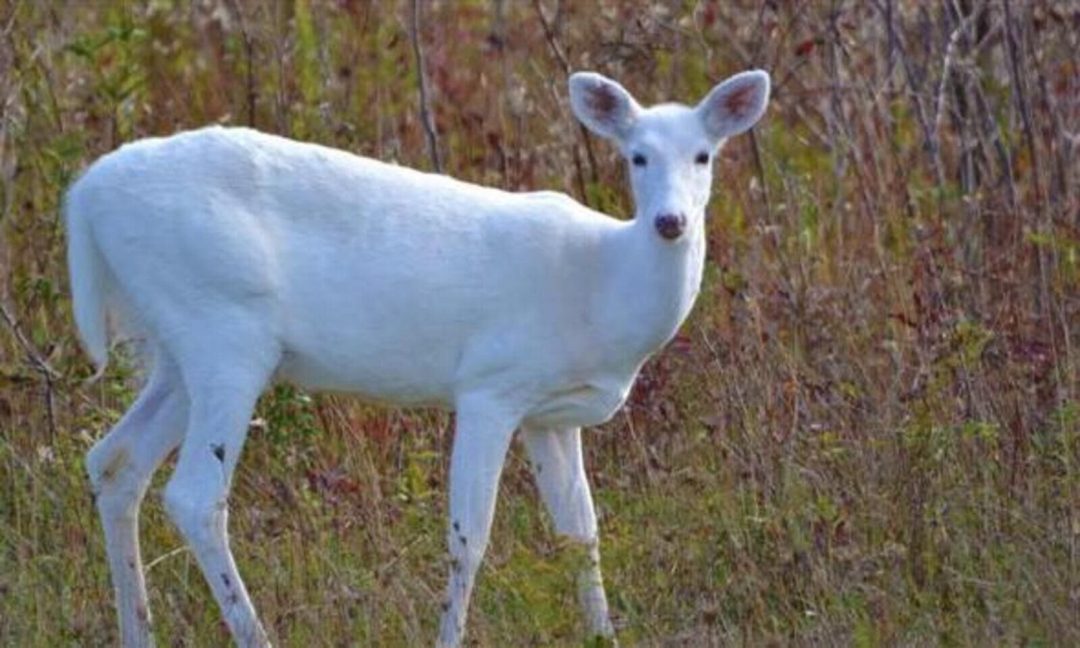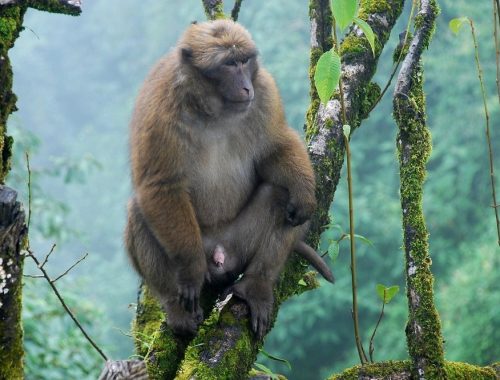Rare white deer spotted in Assam’s Kaziranga National Park
GUWAHATI, June 16: Spotting of a rare white hog deer in Kaziranga National Park has created widespread interest among wildlife conservationists and nature lovers with many flocking to the world heritage site to catch a glimpse of the animal.
After spotting the deer, locals had informed nature photographer Jayanta Kumar Sarma who managed to capture the white deer on his camera in the Burapahar Range of the park. Sarma spotted the animal at a grassland near the 12 line area of Amguri Tea Estate under the Kaliabor Sub-division in Nagaon district on Monday.
Divisional Forest Officer (DFO) of Kaziranga National Park (KNP) Ramesh Gogoi said that this particular white deer was seen for the first time in the park a few days ago, and it sometimes comes out of the park and wanders with other brown deer to feed on grass, he said. The white colour of the deer is a purely genetic matter, caused due to mutation of the gene, and it is not a different species of the deer family, the DFO said.
Chandan Kumar Duworah, a science journalist from Golaghat said, this white deer is not representing a different species or sub-species. It is result of albumin and its future siblings unlikely to inherete this colour. Although animals do manufacture their own melanin, they can’t make many other pigments. … Another factor is the ability of the bird to metabolize carotenoid pigments to create plumage pigmentation of a different color than the ingested pigment. Many wild animals have variations in colors. In white-tailed deer, melanism – as the coloration is known – is a recessive genetic trait that can be inherited,he said. It causes an excess of dark pigment, believed to be due to mutations in the melanicortin 1 receptor gene (MC1R). Out of the total 40,000 hog deer in Kaziranga, one or two such kinds of uncommon white hog deer can be found, Gogoi added. The park is thronged by domestic and international tourists in large numbers for its famed one-horned rhinos.




